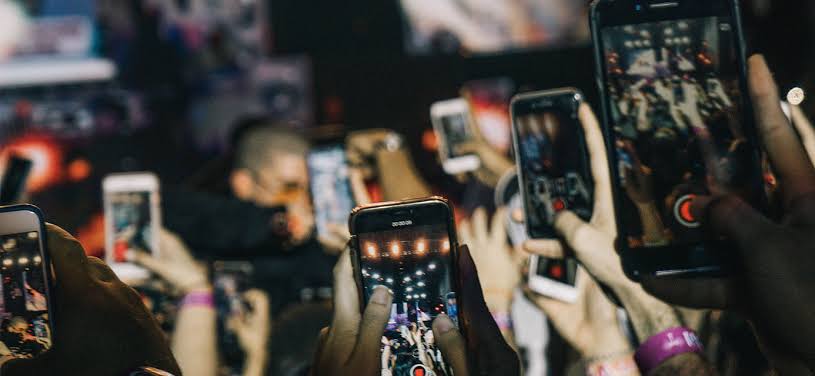Economic Issues
The Effect Of Social Media On Mental Health And Its potential Role In The Rise Of Depression And Anxiety -By Afolabi Georgina Kehinde
Social media has become integral to our daily routines: we interact with family members and friends, accept invitations to public events, and join online communities to meet people who share similar preferences using these platforms. Social media has opened a new avenue for social experiences since the early 2000s, extending the possibilities for communication.

Introduction
Social media has become an indispensable aspect of young people’s digital interactions, as they use it mostly for entertainment and communication purposes. Consequently, it has the potential to have both positive and negative effects on them. Deterioration in mental health is one of the side effects stemming from social media overuse.
Today, especially the youths suffer from one or two mental health issues that are either being mistaken as “clout” or termed “spiritual problems.” The most common of them are depression and anxiety. High social media exposure has also been found to be associated with a higher risk of depression and anxiety in the kingdom. Studies have also shown a significant correlation between the use of social networking sites.
What are the effects of social media to the mental health?
The use of social media significantly impacts mental health. It can enhance connection, increase self-esteem, and improve a sense of belonging. But it can also lead to tremendous stress, pressure to compare oneself to others, and increased sadness and isolation. Mindful use is essential to social media consumption
How does the media influence our view of mental health and mental illness?
Impact of the Media on Mental Health
Incorrect information: Because of media portrayals of mental illness, people often get incorrect ideas about the symptoms of mental health conditions. It can also lead people to develop inaccurate ideas about how mental illness is diagnosed and treated. According to recent research, people spend 2-3 hour daily on social media. YouTube, TikTok, Instagram, and Snapchat have become increasingly popular among youth in 2022, and one-third think they spend too much time on these platforms]. The considerable time people spend on social media worldwide has directed researchers’ attention toward the potential benefits and risks. Research shows excessive use is mainly associated with lower psychological well-being. However, findings also suggest that the quality rather than the quantity of social media use can determine whether the experience will enhance or deteriorate the user’s mental health.
In this collection, we will explore the impact of social media use on mental health by providing comprehensive research perspectives on positive and negative effects.
Social media can provide opportunities to enhance the mental health of users by facilitating social connections and peer support. Indeed, online communities can provide a space for discussions regarding health conditions, adverse life events, or everyday challenges, which may decrease the sense of stigmatization and increase belongingness and perceived emotional support. Mutual friendships, rewarding social interactions, and humor on social media also reduced stress during the COVID-19 pandemic.
On the other hand, several studies have pointed out the potentially detrimental effects of social media use on mental health. Concerns have been raised that social media may lead to body image dissatisfaction, increase the risk of addiction and cyberbullying involvement [5], contribute to phubbing behaviors and negatively affects mood.
Excessive use has increased loneliness, fear of missing out, and decreased subjective well-being and life satisfaction. Users at risk of social media addiction often report depressive symptoms and lower self-esteem.
Overall, findings regarding the impact of social media on mental health pointed out some essential resources for psychological well-being through rewarding online social interactions. However, there is a need to raise awareness about the possible risks associated with excessive use, which can negatively affect mental health and everyday function. There is neither a negative nor positive consensus regarding the effects of social media on people.
However, by teaching people social media literacy, we can maximize their chances of having balanced, safe, and meaningful experiences on these platform.
Afolabi Georgina Kehinde
A student of Ahamdu Bello University, Zaria. Kaduna state

















